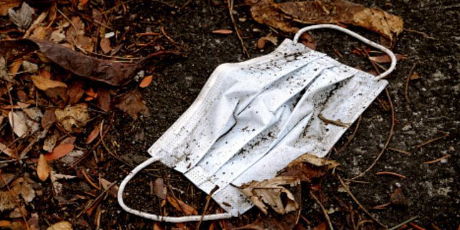Eco-Humanities Online Lunchtime Seminar 17 Oct 2022

The UCC Eco-Humanities Research Group are resuming their popular online Lunchtime Seminar Series on Thursday, 27th October, 1-2 pm:
Register here to receive the Zoom link
Speakers:
- Dr Fionn Rogan (ERI, MaREI, School of Engineering)
"What can energy poetry reveal about modern energy systems?"
- Dr Ailbhe Ní Ghearbhuigh (Dept of Modern Irish)
"Tá chuile rud ar tinneall, Nó cheana féin ar mire: Climate crisis in the poetry of Simon Ó Faoláin"
Abstracts:
What can energy poetry reveal about modern energy systems?
Much of modern life depends on energy systems that provide heat, electricity, and transport services. But often these energy systems fade into the background and are only noticed when they stop working, i.e. through a power cut or price shock. Poetry involves a type of attention and seeing that notices the frequently overlooked. Many poets (Derek Mahon, Seamus Heaney, Vona Groarke & Eavan Boland, to name a few) have turned their gaze to past and present energy systems. This talk will outline a survey of poetry on energy topics such as energy poverty, rural electrification, energy politics, power cuts, fossil fuels, renewable energy, and the phenomenology of energy systems. It will ask questions to explore how energy poetry can provide insights to our current energy transition.
Tá chuile rud ar tinneall, Nó cheana féin ar mire: Climate crisis in the poetry of Simon Ó Faoláin
An interesting parallel emerges when considering the fragility of the Gaeltacht's ecosystem and natural environment alongside that of its linguistic community. In this paper I will outline my current research project which explores the connection to place in the work of contemporary Gaeltacht writers. Though a close reading of several poems by Simon Ó Faoláin, we will explore the intersection of place, language and environment in contemporary Irish-language poetry, where ‘Everything is on edge, Or already in a frenzy’ (‘Tá chuile rud ar tinneall, Nó cheana féin ar mire’).